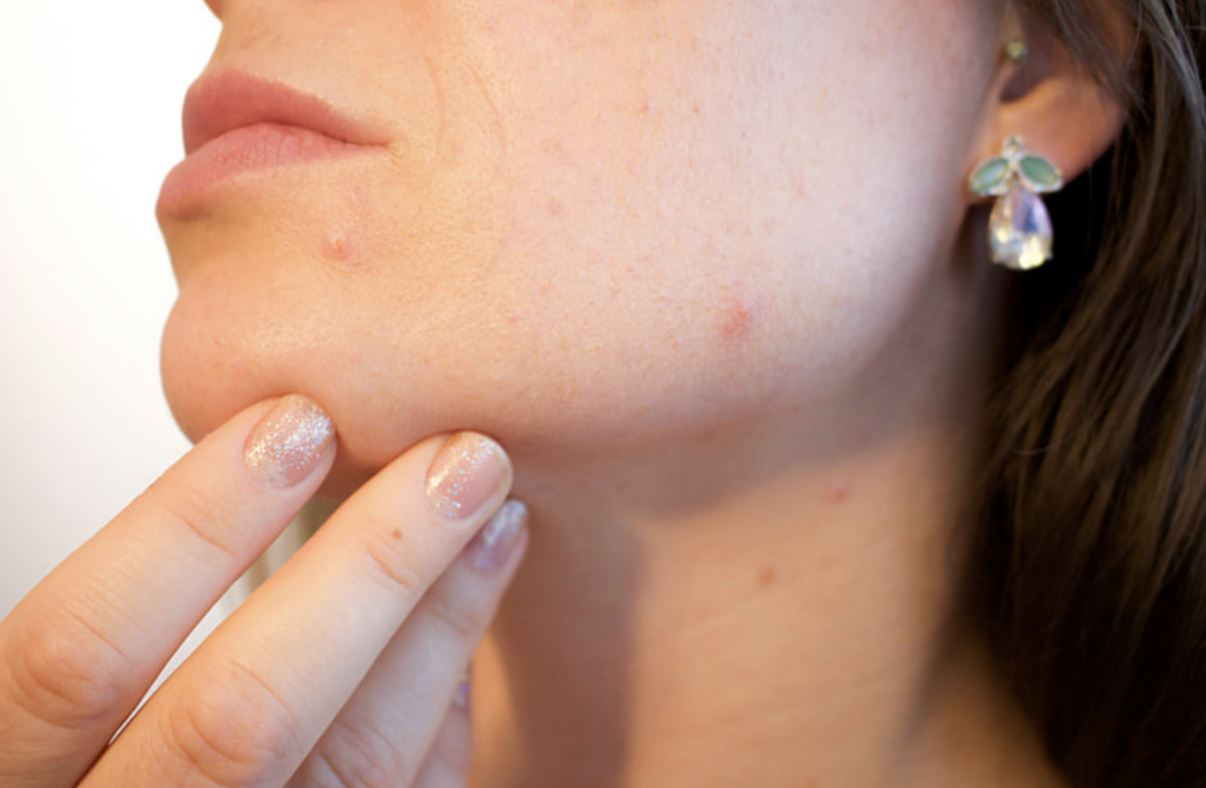

Continuous Positive Airway Pressure (CPAP) therapy has revolutionized the treatment of sleep apnea, bringing relief to millions of individuals struggling with this common sleep disorder. This therapy incorporates a CPAP machine, which supplies pressurized air in the airways of individuals dealing with sleep apnea. However, while the benefits of CPAP therapy are undeniable, some users find themselves facing a different challenge, and that is CPAP mask skin irritations caused by CPAP equipment, which is usually the mask.
These irritations, ranging from mild redness to more severe rashes, can be a frustrating roadblock in the journey to restful sleep. Some people use CPAP mask cushion to prevent skin irritation. In this blog, we will explore the common causes of CPAP mask-related skin irritations and provide practical tips on how to prevent and manage them effectively.
Before jumping to the solutions, it's imperative to first understand the cause of skin irritation. Only then you will be able to find the solution to it. Some common causes of skin irritations are:
One of the primary culprits behind CPAP mask-related skin irritations is the constant friction between the mask and the skin. The pressure exerted by the mask against specific areas of the face can lead to discomfort and skin irritations like redness, soreness, and even open sores over time.
CPAP masks are typically made from hypoallergenic materials to minimize the risk of allergic reactions. However, some individuals may still develop sensitivities to certain components, resulting in itching, redness, or a rash.
A poorly fitting CPAP mask can cause mask leaks, leading to increased pressure on certain areas of the face and causing great discomfort. This mask leak not only compromises the effectiveness of the therapy but also contributes to skin irritations.
Now that you know what is causing your skin irritation, it's time to navigate through them with the help of prevention strategies mentioned below:
It is crucial to choose the right mask that works out best for you, which depends on your specific needs and preferences, ensuring a proper and snug fit for an effective therapy as the market offers a variety of CPAP masks, which includes nasal masks, full-face masks, and nasal pillows. Do not shy away from experimenting with different styles, as it can help you to identify the most comfortable option for your facial structure and sleeping habits.
Proper hygiene is crucial to prevent skin irritations. Thus, it is important for you to regularly clean and maintain your CPAP mask, tubing, and humidifier according to the manufacturer's instructions. This will help in increasing the longevity of your CPAP equipment. Additionally, using mild, fragrance-free soap will ensure that all components are thoroughly rinsed and dried before each use.
Dry skin is more prone to irritation, causing itchiness and discomfort. It is essential for you to apply a hypoallergenic, fragrance-free moisturizer to your face before putting on the mask because it can act as a shield, creating a protective barrier and reducing the risk of chafing.
If you suspect an allergic reaction to your skin, it is important for you to identify the materials used in your CPAP mask, consult your healthcare provider and get tested. They will also recommend trying masks with different materials or coatings to determine the source of the allergy and help you in finding the right mask as per your needs and comfort.
Straps that are too tight can make the problem of skin irritation worse. It is important for you to ensure that the headgear is adjusted according to the manufacturer's guidelines, allowing for a snug and comfortable fit without excessive pressure causing discomfort. You can also consider using mask liners or cushions to add an extra layer of protection.
Consider exploring mask liners as they are made up of soft and breathable materials that can help you minimize direct contact between the mask and your skin. These liners are specially designed to absorb moisture and reduce friction, promoting a more comfortable experience.
It is essential for you to give your skin a break whenever possible as it is a sensitive part and thus requires some time to breathe, especially when you are under some therapy. You can remove the mask during the day for a short period of time, which will allow your skin to breathe and recover. This simple yet effective step can make a difference in having a skin problem and problem-free skin. Also, including this habit in your routine can be beneficial if you're experiencing persistent skin irritation.
If your skin irritation continues to persist despite your genuine efforts, you know that it is time for you to consult your healthcare provider or a sleep specialist, as they can assess your situation professionally as per your specific needs and preferences and thus recommend some adjustments that are needed to make, or if you simply require to explore any alternative CPAP mask options that would suit you better. This will enhance the effectiveness of your therapy as these professionals are giving suggestions tailored to your requirements.
It can be challenging for you to deal with skin irritations from CPAP masks and get the most from your therapy for managing sleep apnea. However, after understanding the common causes and implementing proactive prevention strategies, you can significantly improve your comfort and overall well-being, leading to an effective CPAP therapy. It is also very important to approach the journey comprehensively for a restful night's sleep.
It is equally important to consider both the effectiveness of the therapy and the well-being of your skin, as comfort is essential while getting a good treatment. You need to remember that with the right mask, proper hygiene, and a few adjustments, you can ensure a more comfortable and irritation-free CPAP experience and have a good night's sleep.
Leave a comment